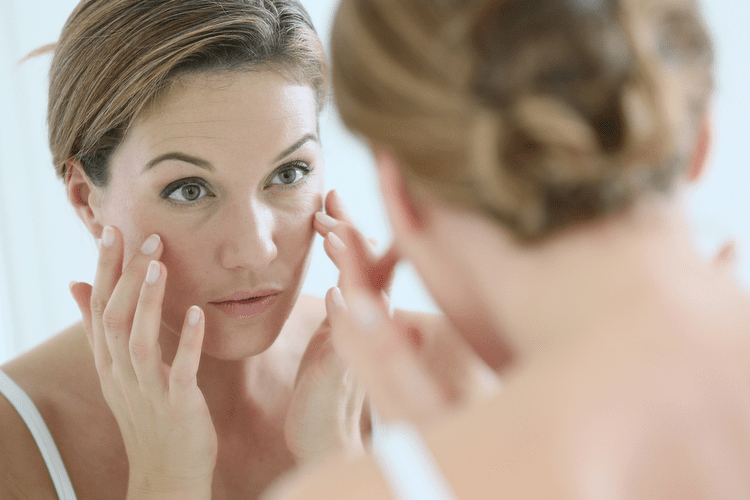As it gets dark, the pineal gland starts releasing melatonin, so your body can transition more smoothly into sleep. Some people may find they can’t sleep after drinking https://accountingcoaching.online/patients-of-sober-living-centers-are-often-last-to/ or their sleep quality suffers, and the science backs up this reality. People with insomnia often wake up tired and struggle with poor memory or concentration.

In a notebook, keep track of how many drinks you have each day, and rate your overall anxiety, depression, and sleep quality. The importance of quality sleep in all mental health issues, and overall well-being, cannot be overstated. It is the first line of defense against chronic anxiety and depression. Heavy drinking can make the sleep- and circadian rhythm-disrupting https://trading-market.org/essential-tremor-alcohol-treatment/ effects of alcohol worse. But even a regular, moderate routine of two to three drinks a day is enough to create sleep and performance problems for many people. Alcohol can aggravate breathing-related sleep problems such as snoring and sleep apnea, according to an article published in December 2019 in the journal Current Opinion in Psychology.
FAQs about alcohol and sleep
Later in the night, as alcohol levels drop, your brain kicks into overdrive. “As the levels decline, you’re going to get more issues with the fragmentation,” said Dr. R. Nisha Aurora, a member of the board of directors of the American Academy of Sleep Medicine. You’ll also probably have more vivid or stressful dreams and — because fitful sleep means that you’re waking up more regularly — you are more likely to remember them. This article explores how alcohol affects your quality of sleep.
However, these studies found that CPAP machines could prevent breathing disruptions in people with OSA who consumed alcohol, and that this did not require changing the pressure settings on the CPAP devices. While alcohol can help you fall asleep, it does not help you stay asleep during the later hours of the night. It may increase the likelihood of waking up in the middle of the night, resulting in grogginess the next morning. Sleep deprivation due to alcohol consumption can exacerbate performance impairment and daytime sleepiness.
What Are the Long-Term Effects of Alcohol on Sleep Quality?
REM, or rapid eye movement, is the stage of sleep that stimulates parts of the brain to help with memory consolidation and learning. Not getting enough REM sleep can contribute to further health issues, like depression and Essential Tremor Alcohol Treatment anxiety, and can increase your risk of developing dementia. A 2007 study published in Chronobiology International even found that a moderate amount of alcohol consumed an hour before bedtime reduced melatonin production.
